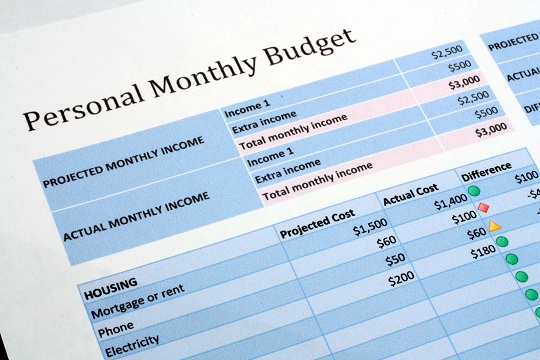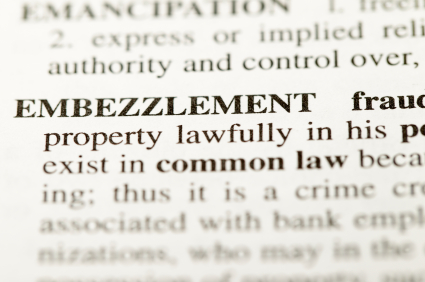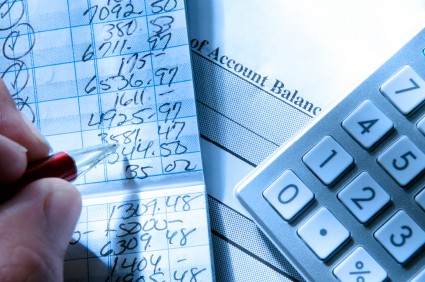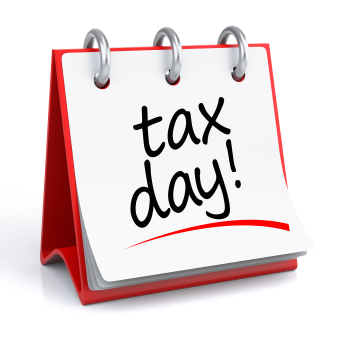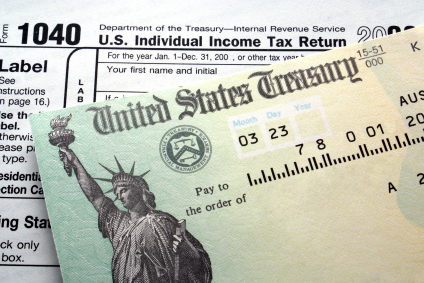The list of common tax deductible expenses discussed below should help you as you face the income tax hurdle this year. As figuring out your taxes gets harder and harder, we all need more go-to information to cut our tax bills. Recognizing tax deductible expenses is essential as we gather information to reduce the amount we pay in taxes. Here are some areas that may give you ideas for tax deductions.
Health and Family Expenses
Education expense deductions can be significant if you have a family with a number of children. Make sure to include any interest on student loans along with the typical expenses such as travel, books and supplies, and other college related expenses. In addition, families can receive tax deductions on items such as childcare costs, child tax credits and costs relating to adoption. Also, if your medical/dental expenses are greater than 7.5% of your gross AGI, you can include them in tax deductions.
Losses from Investments
Log on to your account online and print off the 1099-B form. This will give you the breakdown of any losses from stocks, mutual funds, and any other investments you may be involved with.
Real Estate
If you are a first-time homeowner – congratulations! Use the 5405 form to get a big tax break. If you have been a homeowner for a while, get the amount of property taxes you paid during the year from your escrow company. With so many people updating their energy usage at home, you can also take advantage of the home energy improvement tokens.
Retirement
Contributions to your SEP, IRA, and traditional retirement investments are tax deductible. Check out your payroll and W2 to see if some of your retirement investments are already being factored in.
Personal Property and Vehicles
If you have already paid off taxes for personal property or have spent money on registration fees for your vehicle, these expenses can sometimes be applied for tax deductions, depending on the state where you live.
More Help
There are income tax computer programs on the market that can help you double-check your list of tax deductible expenses by pinpointing tax deductions as you answer a series of questions.
Additional Help
If you would like help with anything tax-related or would like to make sure you are preparing your taxes correctly, check out TalkLocal. You will be connected directly to professional accountants right in your area who can help you at a time that is most convenient for your schedule.


